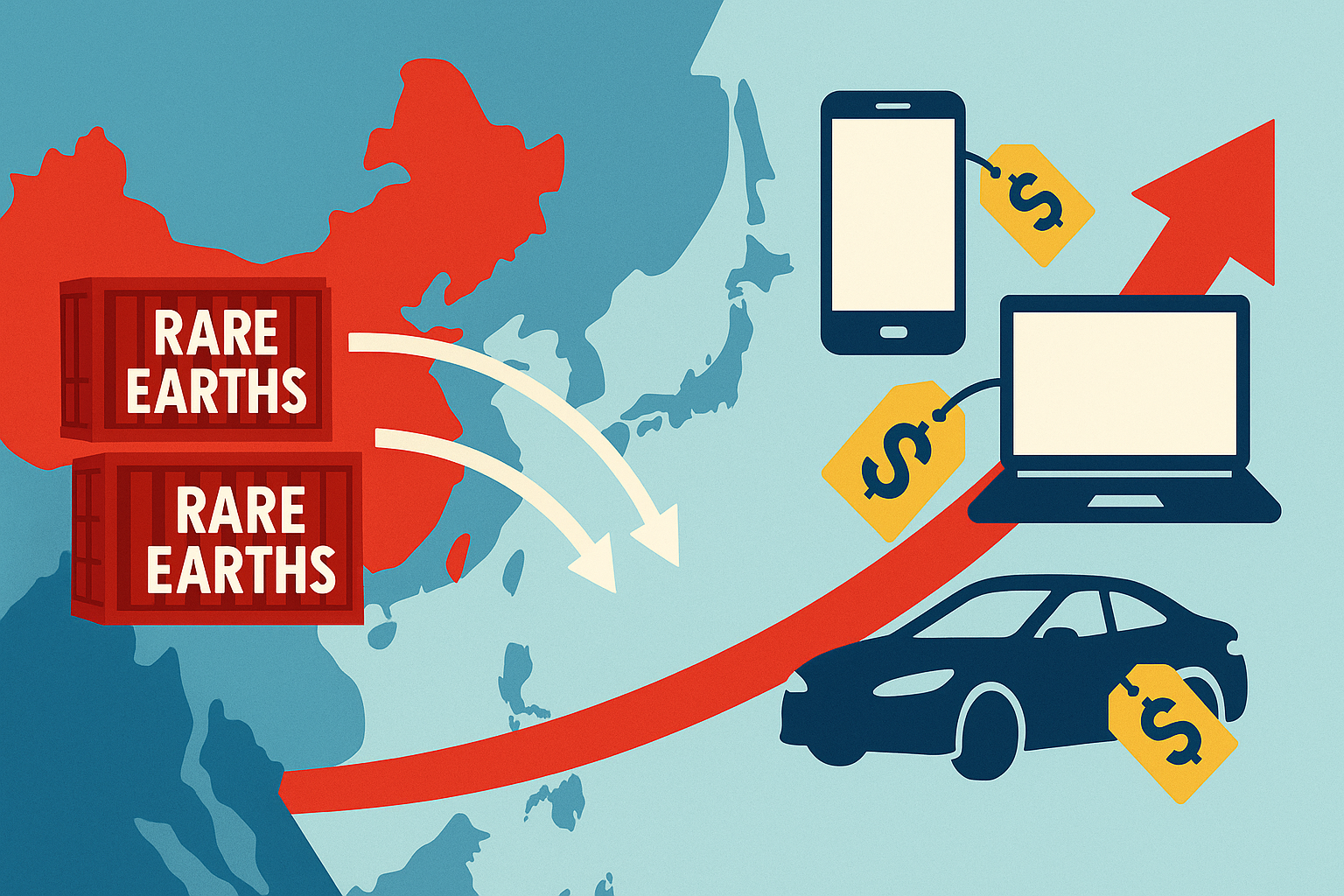Each week, I try to bring you different suggestions on how to stretch your dollar. I’ve written about any number of ways you can reduce your spending, all of which could be helpful to your bottom line.
More easily said than done, none of the suggestions I’ve provided thus far will matter without one very important concept to consider. It’s one that we all control while being the most important and most difficult to master. It’s called self control.
Get the box seats at the game, you deserve them!
Buy the new car, you want it, why not?
It’s $60 for a pair of jeans. Who cares? It’s only money…
Sound familiar? It should. Most of us have to deal with that little nagging voice in our head, providing advice on all things from food and clothes to whether or not you should eat a bowl of ice cream or go for a walk. We’re constantly bombarded with ads telling us how much better life would be if we simply bought one more thing. It’s the missing link to our happiness.
Guess what? It’s not.
Self control is hard. I love cars, always have. As a little kid, I used to sit at the kitchen table and draw designs of new cars emblazoned with my last name. I’d buy one every year if I could. Given this, you can imagine how hard it must be for me to have driven the same car for the past 10+ years. It’s actually not.  I bought my car when it was new from the showroom floor. A sure sign of a sucker paying way too much at the dealer? Perhaps, but in my case, it was strategic. The car I bought was a bit more than I wanted to pay at the time but I really wanted it and knew I’d drive it long after it had been paid off. It was a long term purchase so I didn’t want to compromise on what I really wanted. Because I got what I wanted and thought in the long term, I’ve never seen any reason to get rid of it. I loved it the moment I drove it off the lot and I still love it today.
I bought my car when it was new from the showroom floor. A sure sign of a sucker paying way too much at the dealer? Perhaps, but in my case, it was strategic. The car I bought was a bit more than I wanted to pay at the time but I really wanted it and knew I’d drive it long after it had been paid off. It was a long term purchase so I didn’t want to compromise on what I really wanted. Because I got what I wanted and thought in the long term, I’ve never seen any reason to get rid of it. I loved it the moment I drove it off the lot and I still love it today.
Self control doesn’t have to mean you don’t buy something, it simply means you should buy what you actually want. Don’t spend frivolously on things that provide no meaning, value or worth in your life. If you already have 4 blue shirts, do you really need another one just because you like it? What about jeans? Do you need 10-12 pairs if you’re really only ever going to wear 1-2 pairs anyway?
The point is, think about the purchases you make before you plunk down your debit card. This should be the rule of thumb with all things, not just the big purchases. All the little things add up. If you buy enough $1-$5 items, you’ll eventually have nothing left in your bank account, making the store you’re buying from that much richer. Just ask Dollar Tree.
Sticking to the purchases you’ve already decided to make without spending more can be especially hard in certain situations. Stores like Marshalls and Homegoods do a great job at trying to make you spend just a little bit more. Before you can pay for the goods you’re holding in your arms, they weave you through a cornucopia of budget friendly candles, unique foods and shiny trinkets on your way to the register. This is especially difficult during the holidays, when you’re trying to find that one little item for your neighbor, friend or co-worker.
If you feel like you will be unable to resist, make a list. Mark down the items you think you’ll need prior to stepping foot in the store. This way, you’ll only buy what you’ve agreed to in your mind and stay within budget. Any spontaneous purchases would require you to remove something from the list or place agreement in your head to eat tuna mac for a few days to make up the difference.
After all, the pied piper must be paid eventually. May as well pay him with tuna mac than bankruptcy.










